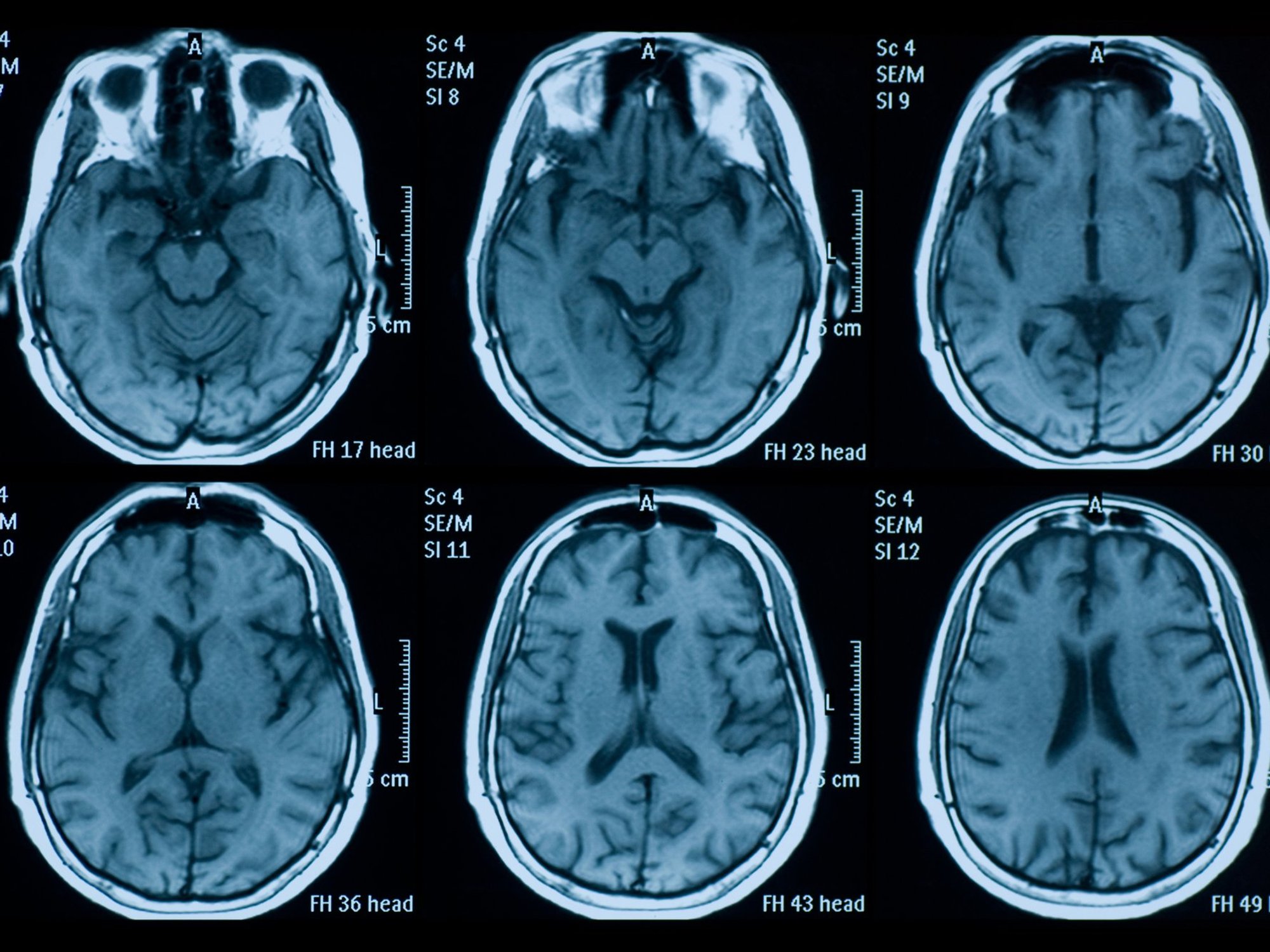How to live longer: Factor as crucial to longevity as diet or exercise named in new study

WATCH NOW: Leslie Kenny reveals the top longevity foods
|GBN

Sustained social advantages may show up in the body's core regulatory systems that control ageing
Don't Miss
Most Read
Having social connections throughout your life can actually help you age more slowly at a biological level, according to new research.
Scientists from Cornell University studied more than 2,100 adults and discovered that people who've built up what they call "cumulative social advantage" over their lifetime show signs of being biologically younger than their actual age.
These advantages include everything from warm relationships with parents during childhood to close friendships and community involvement as adults.
The research appeared in the journal Brain, Behavior and Immunity -- Health and offers fascinating insights into how our social lives shape our health.
TRENDING
Stories
Videos
Your Say

People with stronger social networks throughout their lives show much younger profiles
|GETTY
The study looked at something called "epigenetic clocks" - molecular signatures that reveal how fast someone is ageing biologically.
Two specific markers, GrimAge and DunedinPACE, are particularly good at predicting health problems and mortality.
People with stronger social networks throughout their lives showed much younger profiles on both these biological clocks.
Their DNA methylation patterns suggested they were ageing more slowly than those with fewer social connections.
The research also found that people with more social advantages had lower levels of interleukin-6, an inflammatory molecule linked to heart disease, diabetes and brain degeneration.
However, the study didn't find any connection with short-term stress markers like cortisol.
The researchers measured four specific areas of social connection. They looked at the warmth and support people received from their parents while growing up, how connected they felt to their local community and neighbourhood, their involvement in religious or faith-based groups, and the emotional support they received from friends and family throughout their lives.
"Cumulative social advantage is really about the depth and breadth of your social connections over a lifetime," explained Anthony Ong, a psychology professor at Cornell University who led the research.
The team believed that these sustained social advantages would show up in the body's core regulatory systems that control ageing, including epigenetic, inflammatory and neuroendocrine pathways.
What makes this research particularly striking is how these social resources compound over time.
It's not simply about having a good social life right now - it's about how relationships develop and strengthen over time.
LATEST DEVELOPMENTS

Strong relationships could be a fundamental factor in how our bodies age at the cellular level
|GETTY
"What's striking is the cumulative effect -- these social resources build on each other over time," Ong said.
"It's not just about having friends today; it's about how your social connections have grown and deepened throughout your life. That accumulation shapes your health trajectory in measurable ways."
The findings suggest that building and maintaining social connections isn't just about feeling happier or less stressed.
These relationships appear to be a fundamental factor in how our bodies age at the cellular level.
Our Standards: The GB News Editorial Charter










